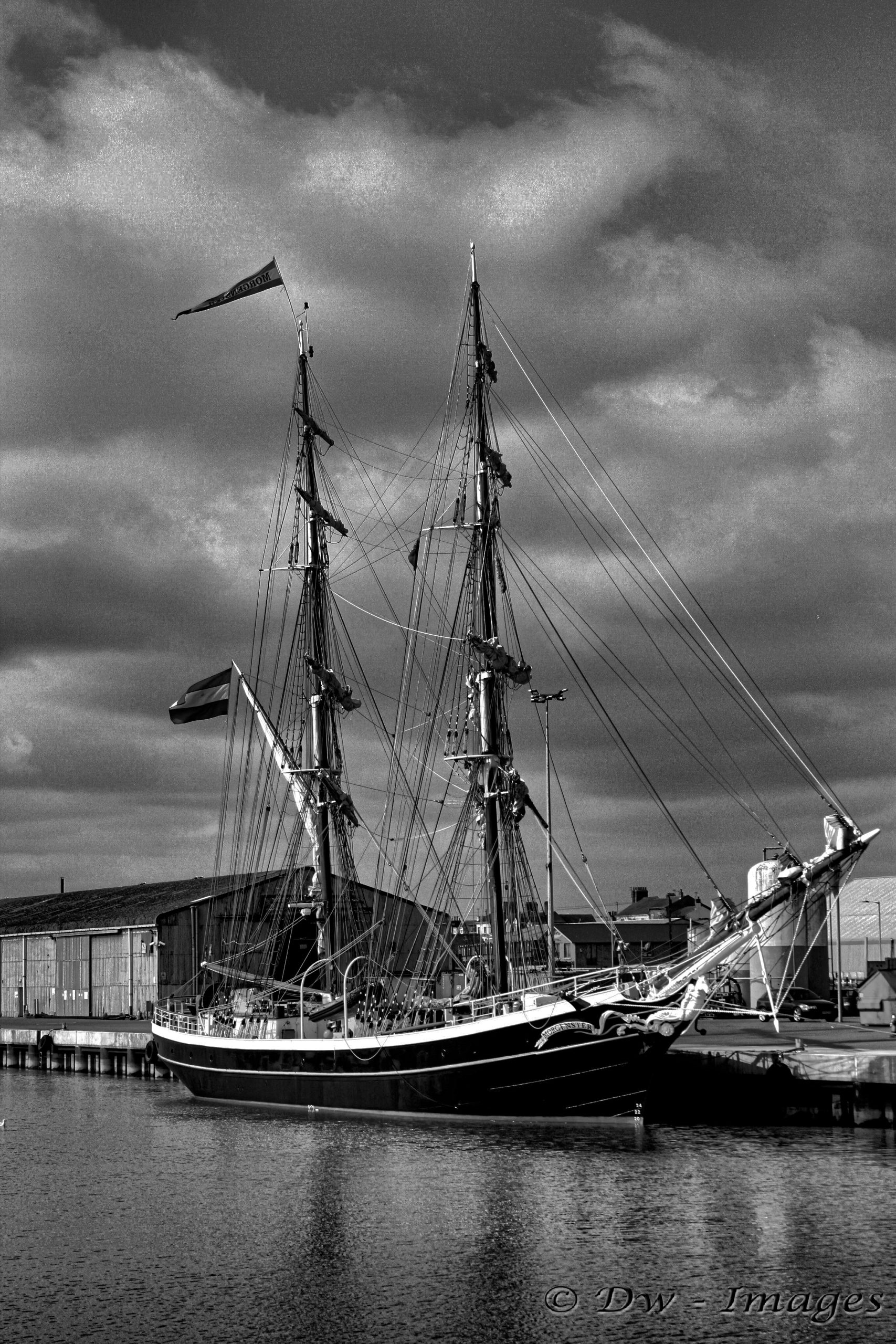Cruise ships are famous for their luxurious designs, from the grand interiors to the expansive decks and ocean views. But what about their doors? Cruise ship doors are designed to be strong and secure, so that passengers can feel safe and secure while onboard. These doors are made of a variety of materials, and each type has its own advantages.
The most common type of cruise ship door is made of steel.
Steel is an incredibly strong material that can withstand heavy use and potential impacts. It is also fire-resistant, making it an ideal choice for a vessel that travels on the ocean. Steel doors are also quite cost-efficient, so they’re often used in large ships with multiple decks.
Many cruise ships also feature aluminum doors. Aluminum is lightweight yet strong, which makes it well-suited for marine applications where weight is a factor.
Aluminum doors are also relatively inexpensive compared to other materials. However, aluminum can corrode in salty water, so if you’re looking for a long-term solution, steel may be your best bet.
Glass is another popular material used in cruise ship doors. Glass provides an elegant look while still providing security and privacy for passengers.
It’s also easy to clean and maintain, making it ideal for high-traffic areas such as lobbies or hallways. However, glass can be expensive depending on the type chosen.
Wooden doors are also sometimes used on cruise ships, although they tend to be less common than other materials due to their high cost and susceptibility to water damage. Wood is extremely durable and provides an aesthetically pleasing finish that can add warmth to any room.
Conclusion:
Cruise ship doors are designed with safety and security in mind but can be made from a variety of materials such as steel, aluminum, glass or wood – depending on the needs of the shipowner or budget constraints of the vessel operator. Each material has its own advantages in terms of strength, durability and aesthetics making them suitable choices when it comes to selecting door types for ships at sea.
